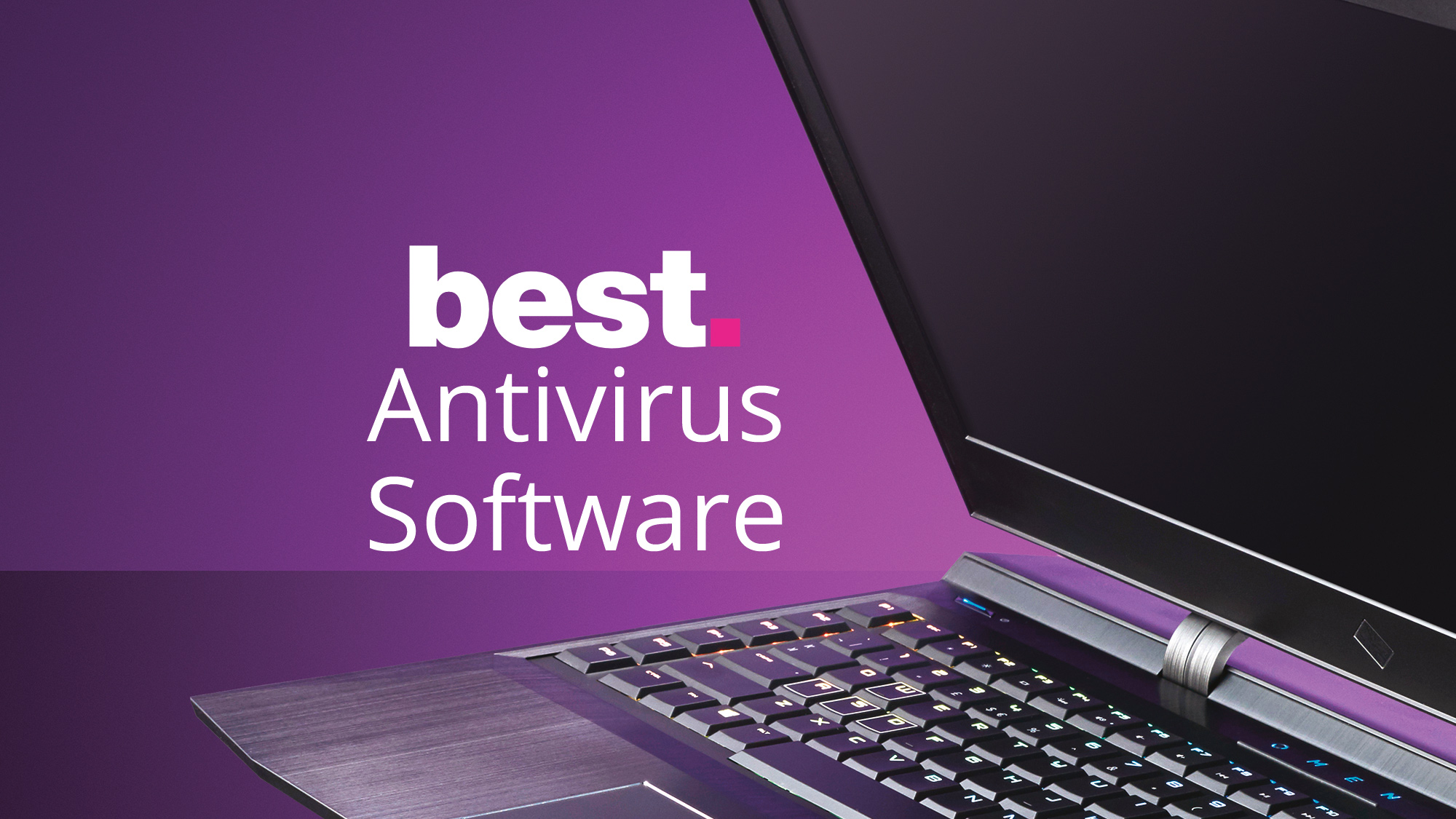What to do if your PC has a virus
How it got there, how to get rid of it and how to stop the next one

If you're lucky, a computer virus is one of the most annoying things that can happen to your PC or Mac. And if you're unlucky, it's one of the most devastating. While some viruses are little more than a pain in the backside, others can seriously damage your most treasured data – data such as your photos or important personal documents.
The good news is that if your PC or Mac has one, you don't need to be really techy to get rid of it. And it's really easy to prevent your computer from getting infected again in the future.
Let's discover how you can tell your computer has a virus, and what to do about it.
How do viruses get into PCs?
Computer viruses typically spread in two different ways. The most common way is by getting people to open infected files. Those files could be sent via email, downloaded from websites or on removable storage such as a USB stick: if you open the file, the virus sneaks onto your PC or Mac.
Viruses can also be transmitted via insecure software, which is when a program isn't 100% safe from infection: some viruses are written specifically to target vulnerabilities in specific programs.
How to spot the symptoms of a PC virus
PC viruses are like real-world viruses: they attack your PC and prevent it from working properly. So the first sign of a PC virus may well be your computer doing unusual things. Are you suddenly seeing stacks of pop-up adverts? When you try to search the internet, do you get weird results? Are you locked out of your computer altogether with a message demanding money?
These are all what computer experts call 'malware', which is short for malicious software. Each one is a slightly different kind, so the one that blasts you with adverts is called adware, the weird search results are the result of what's called browser hijacking and the locked computer is called ransomware.
Sign up for breaking news, reviews, opinion, top tech deals, and more.
In the case of ransomware, never, ever pay the ransom or even worse, give the criminals your card details or bank details: they probably won't unlock your PC but they'll definitely make off with your money.
Although many viruses are obvious, some of them aren't. Some of them are only obvious to other people. For example, if you get messages from friends, family or colleagues asking why you're sending them weird stuff, that's often a sign that a virus on your computer is sending out infected emails to try and spread to everybody in your contacts book.
The good news is that all of these problems are easy to fix.
How to remove a PC virus from your computer

To get rid of a virus, you need to do two things. First of all, you need get hold of some digital disinfectant. We use the term 'antivirus software' to cover all kinds of virus killers; the very best antivirus software can find and destroy all kinds of malicious software, from adware to ransomware.
Different suites will suit different people, but our top recommendations are Bitdefender AntiVirus, Norton AntiVirus and Kaspersky AntiVirus: we think these are the smartest, safest and most straightforward solutions for most people.
Once you've got it, update it immediately. The antivirus software will usually do this automatically, but it's a good idea to use its "Check for Updates" option to be on the safe side.
New forms of malicious software are found every day, and the best antivirus apps are constantly updated so that they can destroy even the most recent viruses.
The second thing to do is to isolate the virus so it can't do any more damage. To do that, you can put your PC into something called 'Safe Mode'.
This is a feature of Windows that runs with the absolute minimum of features. That means there are fewer opportunities for the virus to do anything or to spread to other computers.
Once you're in safe mode, run your antivirus software and put the kettle on: no matter how fast your PC, scanning everything on it can take a little while. Your antivirus software will identify any infected files and clean them if it can; if they're beyond repair, it will quarantine them so they can be safely deleted without re-infecting your PC.
In some cases you can also use Windows' System Restore to roll files back to their pre-infection state.
How to stop viruses getting onto your PC
The last thing you want is another infection, so it's important to practice the internet equivalent of social distancing: never open files you haven't specifically requested and never download files from places you don't 100% trust.
We'd strongly recommend good antivirus software no matter how careful you are. Many of the best antivirus software suites will automatically scan incoming emails, files you download and USB devices you connect – but they'll also protect you in other ways too.
For example Norton AntiVirus has anti-ransomware protection and virtual private networking (VPN) to prevent people from intercepting your data when you're using public Wi-Fi, and it has parental controls so you can ensure the kids browse safely too.
Not every virus is obvious and not every virus spreads in ways you can anticipate, and new viruses are discovered every day. Good antivirus knows about them too.
It's also very important to keep your copy of Windows and your other apps up to date. In most cases that should happen automatically via Windows Update and your apps' own automatic checking for updates, but not all apps do it for you so make sure you click those "check for updates" buttons.
We'd also recommend two other very important things. One, make sure you backup anything important. Viruses aren't the only threat to your important files: hardware can fail, laptops can be stolen and accidents can happen. If it matters to you, make sure you have backups of it.
And two, never use the same username and password twice. It's tempting, we know, but if you do and malicious software manages to intercept your password for site A, it can then try those details on site B, and site C, and site D, and site E, and… If the thought of trying to remember different, complicated passwords for lots of different sites sounds terrifying, look for an antivirus suite that also includes a password manager.
That'll create really strong passwords for you, and it'll remember them when you need to use them.

Contributor
Writer, broadcaster, musician and kitchen gadget obsessive Carrie Marshall has been writing about tech since 1998, contributing sage advice and odd opinions to all kinds of magazines and websites as well as writing more than twenty books. Her latest, a love letter to music titled Small Town Joy, is on sale now. She is the singer in spectacularly obscure Glaswegian rock band Unquiet Mind.